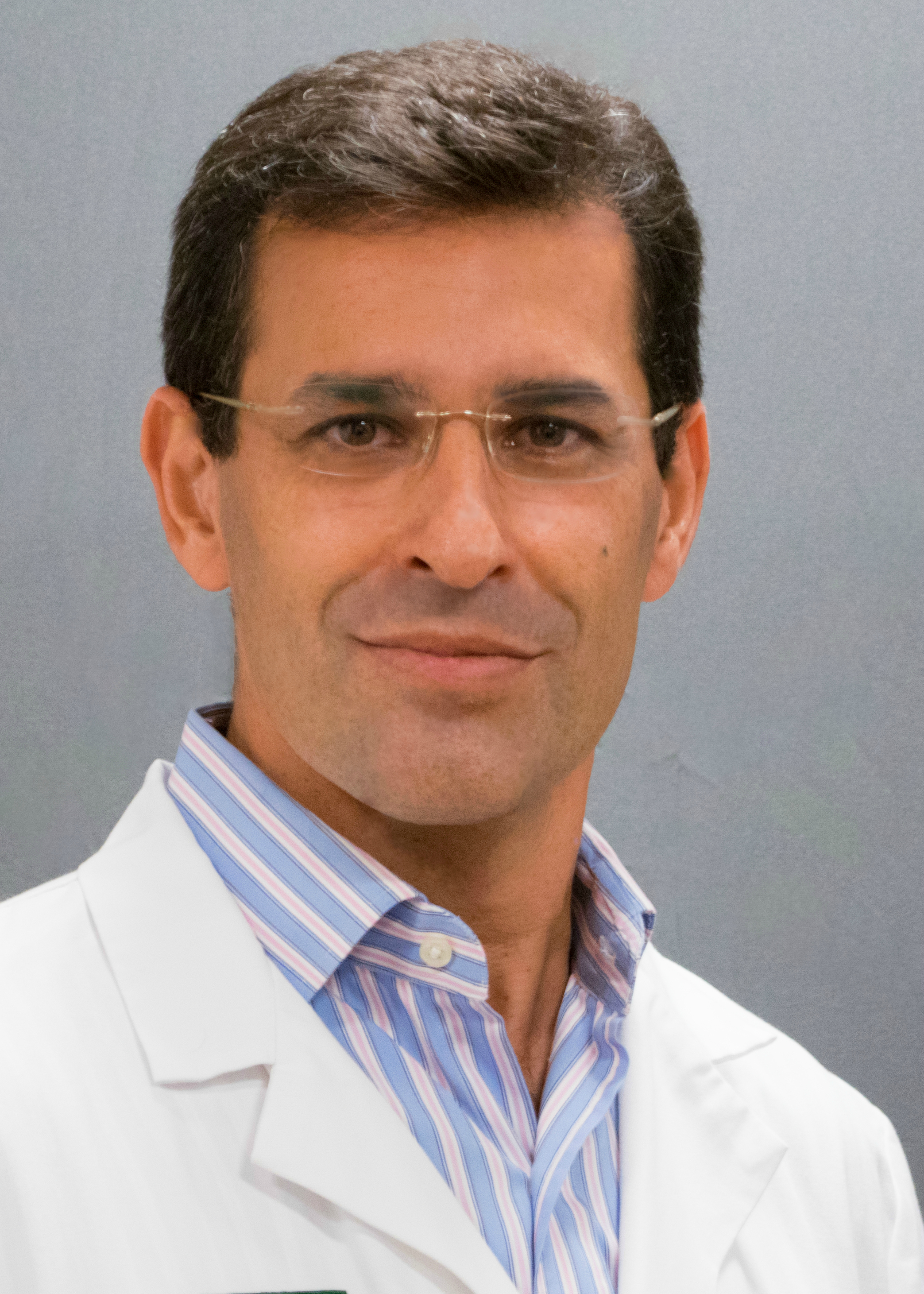
Making a pancreas, taming a pancreas: to islet replacement and beyond
Mirza M. Fahd Qadir1, Silvia Alvarez-Cubela1, Kinsley Belle1, Holger Russ2, Ricardo L Pastori1, Juan Dominguez-Bendala1.
1Diabetes Research Institute, University of Miami, Miami, FL, United States; 2Pharmacology and Therapeutics, University of Florida, Gainesville, FL, United States
The plasticity of the human pancreas has been established in multiple animal models, and strongly implied from scRNAseq studies in human tissues. However, these have been invariably based on static datasets from which fate trajectories can only be inferred using pseudotemporal estimations. The long-term culture of human pancreatic slices (HPSs), live sections of the organ that preserve its native anatomy and cell-to-cell interactions, has presented the field with an opportunity to dynamically track tissue plasticity at the single-cell level. Combining datasets from same-donor HPSs at different time points, with or without a known regenerative stimulus (BMP signaling), allowed us to integrate multiple single-cell datasets storing true temporal or treatment-dependent information. This integration revealed population shifts consistent with ductal progenitor activation, blurring of ductal/acinar boundaries, formation of ducto-acinar-endocrine differentiation axes, and detection of transitional insulin-producing cell populations. Our results open the door to the harnessing of this natural plasticity of the pancreas to restore beta cell mass through pharmacological means.
In the meantime, the transplantation of pluripotent stem cell (PSC)-derived beta-like cells is rapidly becoming a clinical reality. However, a significant percentage of undefined non-endocrine cell types are still generated. Most importantly, there is the potential for carry-over of non-differentiated cell types that may produce teratomas. This possibility is especially concerning in the context of novel approaches to render PSCs invisible to the immune system. To address this problem, we sought to modify PSCs so that their differentiated progeny could be selectively devoid of tumorigenic cells and enriched for cells of the desired phenotype (in this case, beta cells). Here we report the generation of modified PSC lines harboring two suicide gene cassettes, whose expression results in cell death in the presence of specific pro-drugs. We demonstrate the efficacy of this system at enriching for beta cells and eliminating tumorigenic ones both in vitro and in vivo. Our approach is innovative inasmuch as it allows for the preservation of the desired cells while eliminating those with the potential to develop teratomas.
JDRF. Diabetes Research Institute Foundation.
Insights from Islet Biology for Making Stem Cell-Derived Islets